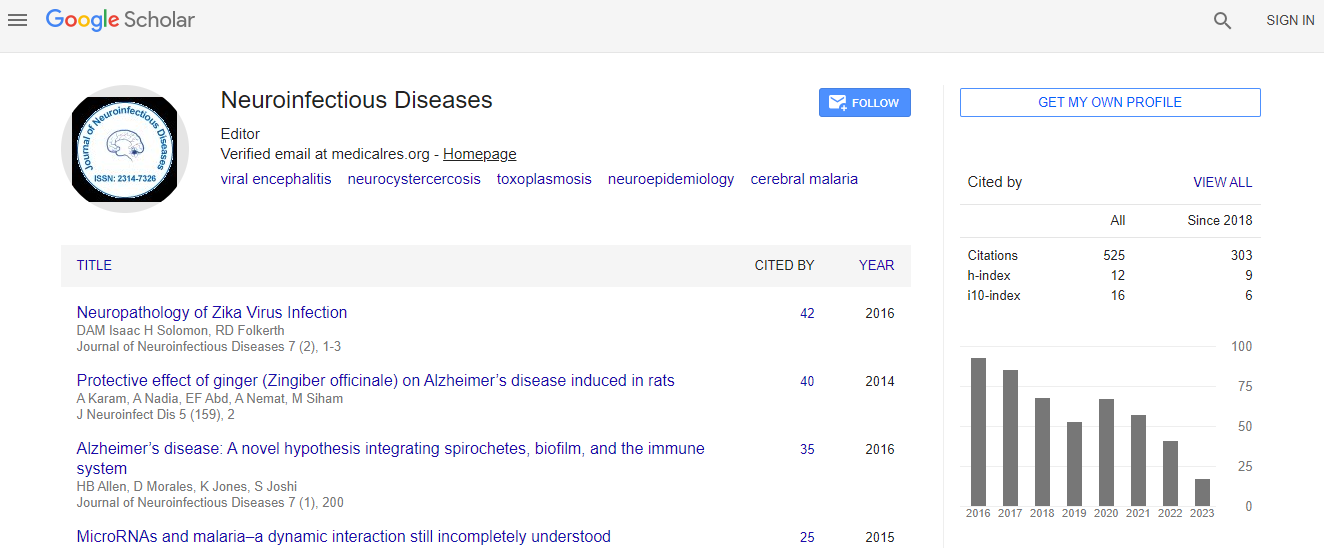Research Article
Sinogenic Complications Involving Orbit, Frontal Sinus, Anterior and Middle Cranial Fossa Treated Using Endoscopic Techniques
| Krzysztof Oles1*, Jacek Skladzien1, Joanna Leszczynska1, Krzysztof Bartus2 and Joanna Mika3 | |
| 1Department of Otolaryngology, Medical College Jagiellonian University, Poland | |
| 2Department of Cardiac and Vascular Surgery and Transplantology, The Institute of Cardiology, Medical College Jagiellonian University, John Paul II Hospital, Poland | |
| 3Department of Pain Pharmacology, Institute of Pharmacology, Krakow, Poland | |
| Corresponding Author : | Krzysztof Oles Department of Otolaryngology Head and Neck Surgery of the Jagiellonian University 31-531 Cracow Poland Tel: 0048124247900 Fax: 0048124247925 E-mail: olokrista@op.pl |
| Received June 22, 2015; Accepted October 17, 2015; Published October 27, 2015 | |
| Citation: Oles K, Skladzien J, Leszczynska J, Bartus K, Mika J (2015) Sinogenic Complications Involving Orbit, Frontal Sinus, Anterior and Middle Cranial Fossa Treated Using Endoscopic Techniques. J Neuroinfect Dis 6:189. doi:10.4172/2314-7326.1000189 | |
| Copyright: © 2015 Oles K, et al. This is an open-access article distributed under the terms of the Creative Commons Attribution License, which permits unrestricted use, distribution, and reproduction in any medium, provided the original author and source are credited. | |
| Related article at , | |
Abstract
The purpose of this study was to determine the treatment modalities with sinogenic complications. We present a retrospective assessment of 11 patients who developed various types of complications, including an abscess within the temporal bone pyramid, frontal sinus and orbital mucocele, and a subperiosteal abscess with orbital apex syndrome. Three patients have suffered from decreased visual acuity of one eye during the course of chronic sinusitis. Six of the eleven patients had a history of earlier surgeries from external access sites. All patients were treated with Expanded Endonosal Approach at the Otolaryngology Clinic of the Jagiellonian University Medical College. Postoperative follow-up periods were 1 to 5 years. All patients were treated with empirical antibiotic therapy, glucocorticoids and antithrombotics during the peri- and postoperative periods. Postoperative improvement was observed in all patients. No orbital or neurological complications were observed due to the surgical procedure. Summing up, untreated paranasal sinusitis may lead to severe orbital and intracranial complications. Transnasal endoscopy is the gold standard for the treatment of sinogenic complications.

